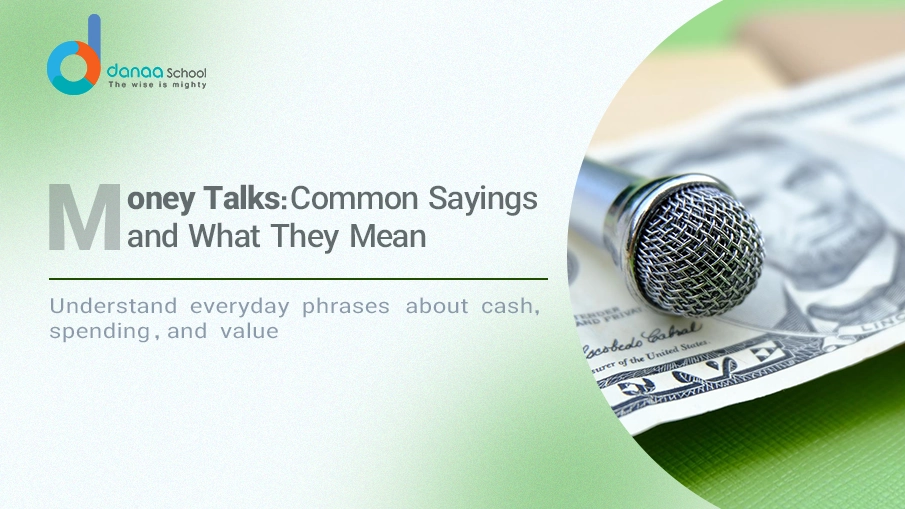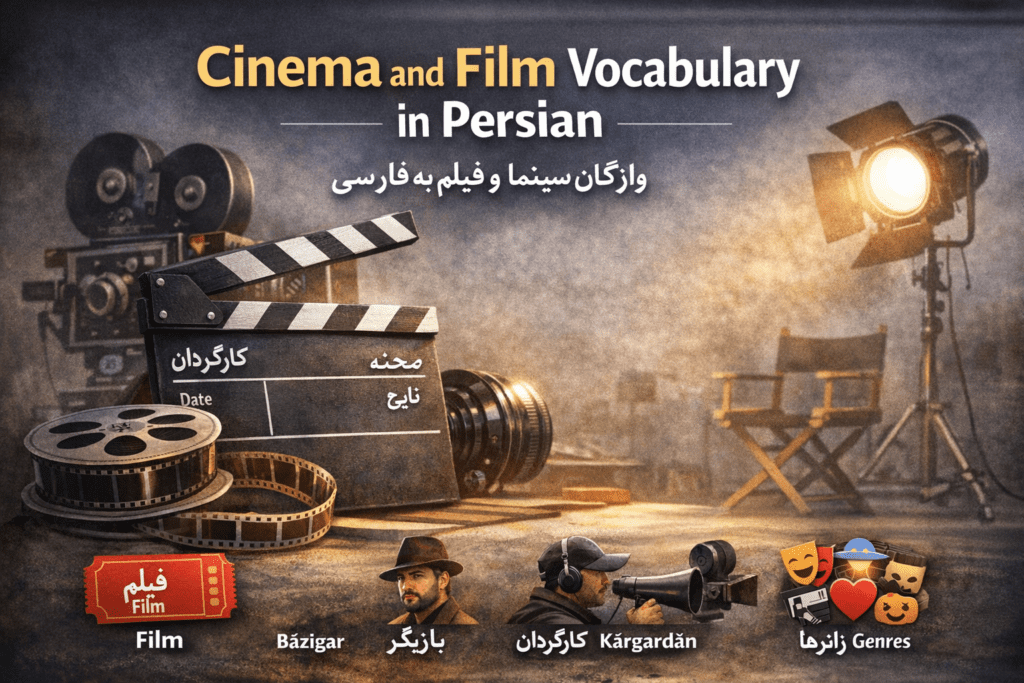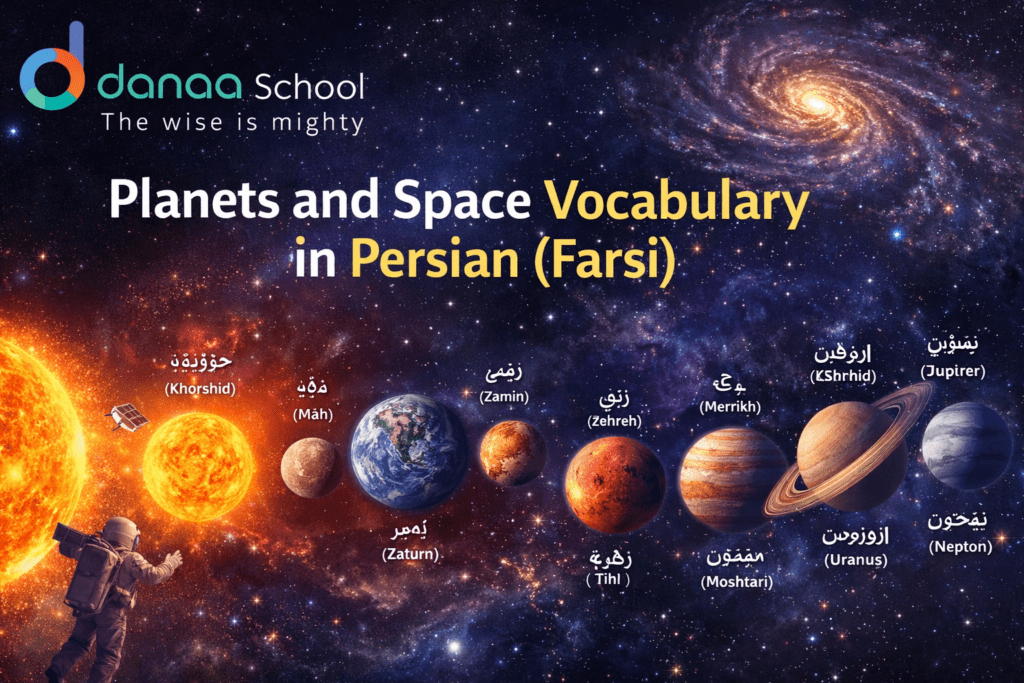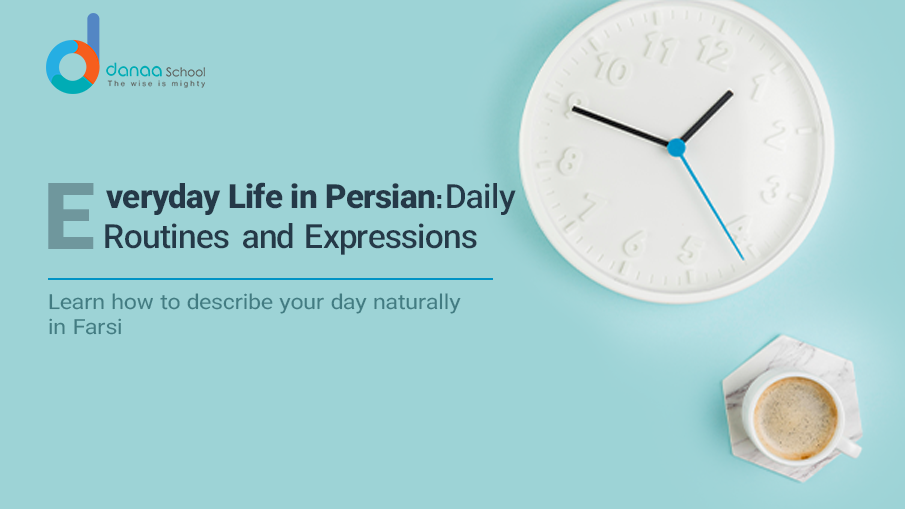Money Idioms in English: Expressions, Phrases, and Sayings (With Meanings)
Expressions with money are common in English because money plays an important role in daily life. As the saying goes, “money makes the world go round.” It’s no surprise that English is packed with idioms and phrases about wealth, spending, saving, and success.
In this guide, you’ll learn popular money idioms, catchy phrases, and short sayings—with clear meanings and examples. Ready to upgrade your vocabulary? Let’s dive in.
Common Expressions With “Money” in Them
These expressions use the word “money” literally or metaphorically to describe behavior, values, and social realities:
- “Time is money”: Time is valuable, so use it wisely.
- “Easy money”: Money earned with little effort.
- “Throw money down the drain”: Waste money on something that is not worth it.
- “Money talks”: Money can influence decisions or outcomes.
Understanding these expressions helps you sound more natural and confident in everyday English.
Money Idioms (With Meanings)
Money idioms are common in conversation, media, and business English. Here are a few high-frequency examples:
- “Born with a silver spoon in your mouth”: Born into wealth and privilege.
- “Make a quick buck”: Earn money quickly (sometimes in a questionable way).
- “Money doesn’t grow on trees”: Money is limited; don’t waste it.
- “A penny saved is a penny earned”: Saving money is as valuable as earning it.
- “Pay through the nose”: Pay far too much for something.
10 Useful Money Idioms (Quick List)
These ten idioms are widely used and worth memorizing:
- “Break the bank”: Spend too much; exhaust your budget.
- “In the red”: In debt; losing money.
- “In the black”: Profitable; not in debt.
- “Cash cow”: A product/business that generates steady revenue.
- “Rolling in money”: Very wealthy.
- “Bet your bottom dollar”: Be completely certain.
- “Money for old rope”: Easy money for little effort.
- “Chicken feed”: A very small amount of money.
- “Cut your losses”: Stop before you lose more money.
- “On the money”: Exactly right; accurate.
Catchy Sayings About Money
These sayings are short, memorable, and often used to express a life lesson:
- “Save for a rainy day.”
- “The best things in life are free.”
- “A fool and his money are soon parted.”
- “Money is a good servant but a bad master.”
- “Money can’t buy happiness.”
More Money Phrases in English
- “Cost an arm and a leg”: Extremely expensive.
- “Penny for your thoughts”: What are you thinking?
- “Money burns a hole in your pocket”: You want to spend money immediately.
- “Live beyond your means”: Spend more than you can afford.
Idioms About Money and Happiness
English includes many idioms that reflect the tension between wealth and well-being:
- “Money can’t buy happiness”: Real happiness comes from non-material things.
- “Make hay while the sun shines”: Take advantage of opportunities while they last.
- “The love of money is the root of all evil”: A warning against greed.
- “Riches have wings”: Money can disappear quickly.
Short Phrases About Money
- “Cash is king.”
- “Every penny counts.”
- “Money matters.”
- “Fast money fades.”
Money Expressions in Farsi (Persian)
If you’re curious how Persian expresses similar ideas about wealth and spending, here are a few everyday Farsi phrases related to money:
- پول نقد (pool-e nagh d) – cash
- پول جمع کردن (pool jam’ kardan) – to save up money
- پول هدر دادن (pool hadar dâdan) – to waste money
- گرون دراومدن (geroon dar-oomadan) – to end up costing a lot
Learn Farsi with Danaa School
Want to learn Persian expressions and everyday vocabulary in a practical way? At Danaa School, you can study Farsi with structured lessons focused on real conversation, culture, and useful phrases.
FAQs
What are the most common money idioms in English?
Examples include “Time is money,” “Money talks,” “Break the bank,” and “A penny saved is a penny earned.”
Can money idioms be used in formal writing?
Yes, but use them sparingly in formal contexts to keep the tone professional and clear.
What does “break the bank” mean?
It means spending too much or exhausting your budget.
Can I learn money-related phrases in Farsi?
Yes. Persian has many practical expressions about saving, spending, and value—and you can learn them with Danaa School.
Conclusion
Money is a major theme in everyday life, so it’s naturally a major theme in language. By learning money idioms, sayings, and short phrases, you’ll understand English conversations more easily and express your ideas with more fluency and impact.










